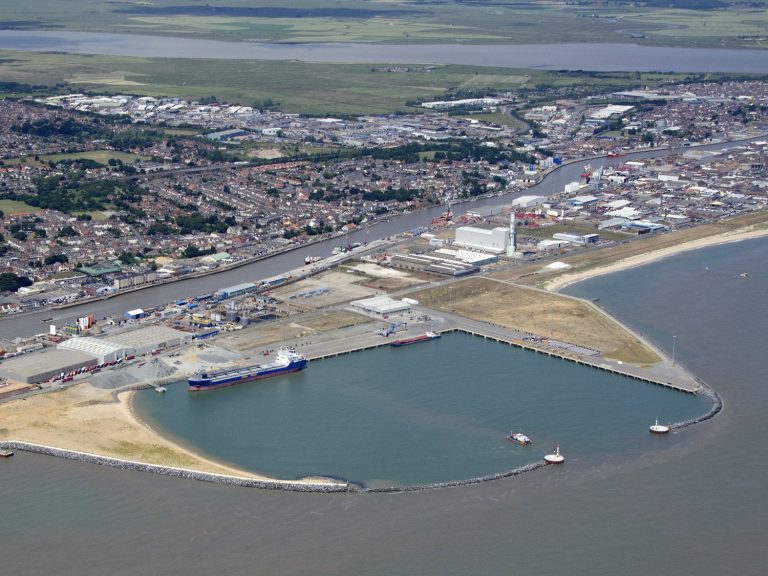
Date:
The benefits of the new UK Freeports
Freeports are ‘customs free zone’, areas within the UK’s customs territory, with different customs and tax rules, which aim to promote trade and business by lowering duty, tax and paperwork costs.
In March 2021, following the UK’s departure from the EU, the Government announced plans to open eight Freeports by the end of the year, but only some of the planned low-regulation, low-tax zones are open and running.
Freeports are a key part of the government’s economic plans to create jobs, increase international trade, contribute to the regional levelling up agenda and serve as hubs for innovation.
The successful Freeport bids are East Midlands Airport, Felixstowe & Harwich, Humber, Liverpool City Region, Plymouth & South Devon, Solent, Thames and Teesside.
The existing proposals include a new zero rate for sales of goods within a free zone regime, which differs from the VAT treatment in tax warehouses.
Businesses operating within Freeport customs sites will receive tariff benefits, including duty deferral while the goods remain on site, and duty inversion if the finished goods exiting the Freeport attract a lower tariff than their component parts.
Under the proposed model, declaration requirements would be simplified to reduce the administrative burden of moving goods into a Freeport. A reduced amount of data would be provided using existing processes (form C21) to allow goods to be cleared to leave a port and businesses would need to complete a declaration into their own commercial records recording information about the goods that will be brought in to the UK.
When businesses wish to remove goods from the site, they would need to complete normal import declarations if releasing the goods for sale on the domestic market or export declarations if exporting the goods for sale overseas.
Teesside began operating on 19th November 2021, with Humber and Thames Freeports declared ‘tax sites’ and started operating in November, while Freeport East, which also includes Harwich International and the Port of Felixstowe, is due to start operating soon.
Freeports East will be home to the upcoming Freeport East Hydrogen hub, which will lead a number of highly innovative hydrogen, nuclear, maritime and transport decarbonisation schemes.
Teesside requires a range of imported goods to cater for the diverse advanced manufacturers in the area, including those in sectors such as the on and offshore turbine manufacturing industry, which are on the rise.
Further benefits in the form of reliefs and enhanced capital allowances may also be available. For example, businesses locating to one of the nominated ‘tax sites’ could qualify for Stamp Duty Land Tax Relief, Enhanced Capital Allowances and Structure & Buildings Allowances, and Business Rates Relief.
We continue to monitor the evolution of these Freeport’s and how they may benefit our customers’ supply and value chains.
Exploring cost-effective and value-added operations is always valuable and some of the Freeport locations may offer a beneficial operational shift, providing the process, finance and compliance regimes stack-up.
Our supply chain, financial and customs teams are available and ready to provide Freeport expertise, insights and guidance.
For further information please EMAIL Elliot Carlile to discuss your situation and review the most beneficial options.
